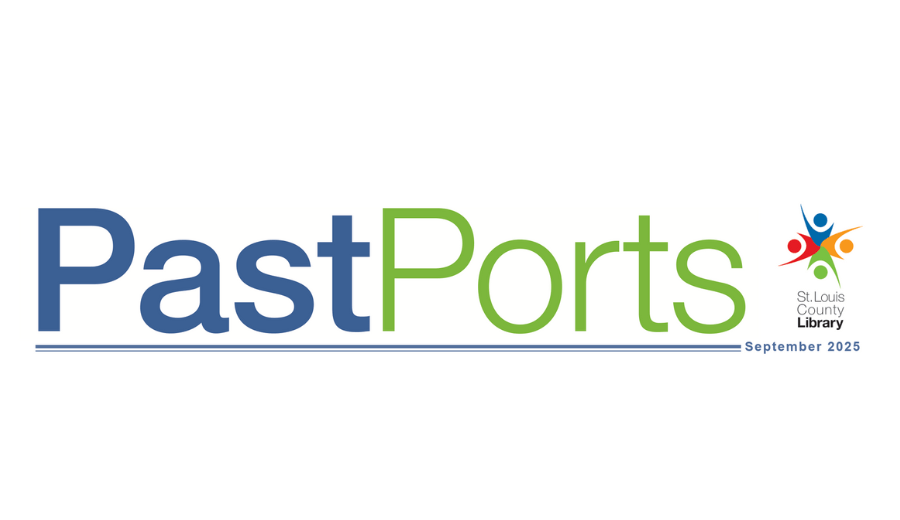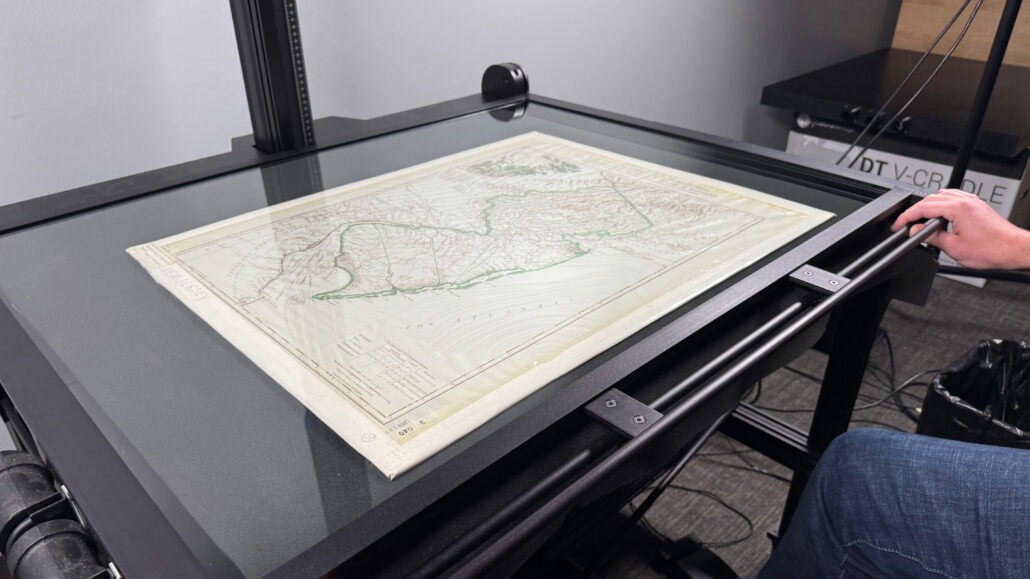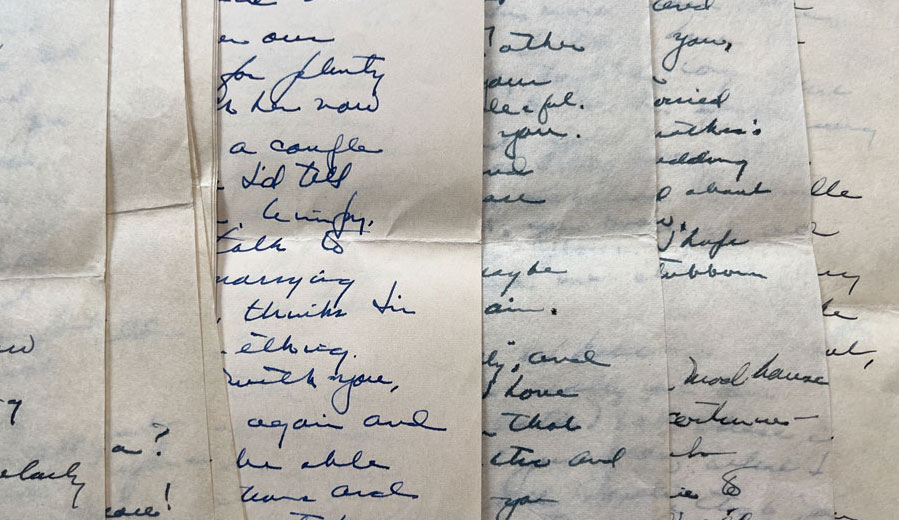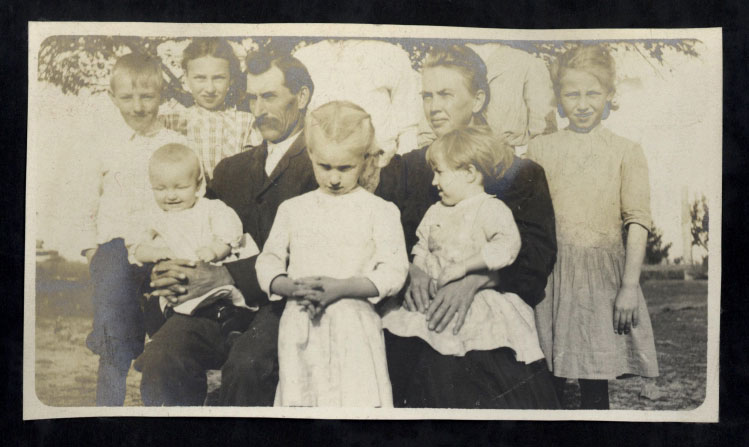Stitching History Together: How We Capture Oversized Items

By Digital Archivist Shana Scott Digitizing oversized materials, such as maps, blueprints, or posters, can be a challenge. In very general terms, the larger the item, the farther away the camera must be to capture it all in one shot, and the farther the camera, the lower the resolution. That means it’s not always possible […]
Legacy As the Backbone of Your Family Business

By Archival Specialist Chris K. Morton At Anderson Archival, legacy is lived daily. As a family-owned business, our values are passed on not through policy, but through close collaboration with both founders and second-generation leadership. In family enterprises, legacy isn’t just sentimental, it’s a strategic asset. This isn’t unique to us. Across industries, legacy plays […]
Quotables: Anderson Archival Digitizes Maps for History and Genealogy (PastPorts – St. Louis County Library)

The Emerson History and Genealogy Center at the St. Louis County Library published the latest edition of their newsletter, PastPorts, which features a shout out to Anderson Archival! Click here to read the full newsletter! Ready to make your digital collection accessible, relevant, and impactful? Anderson Archival is ready to help you preserve your legacy! […]
Preserving the Irreplaceable: Why Oversized Digitization Matters More Than Ever

When it comes to digitization, not all documents are created equal. While standard-sized papers and books are relatively easy to scan and archive, oversized materials—like historical maps, architectural drawings, posters, and large-format bound books—present a unique set of challenges. At Anderson Archival, we’ve made it our mission to meet those challenges head-on. What Are Oversized […]
Diving into File Types

By Digital Archivist Shana Scott Whenever we start a project, we ask our clients in what format do they want the final images, and unless they are an organization that must follow specific standards, generally the answer is, “Whatever you think is best.” That’s because most people don’t know what to even ask for. While […]
The Difference an Archival Consultant Makes

Ensuring Your Collection’s Integrity with Anderson Archival Working with an archival consultant can transform the way you maintain and preserve your treasured collection. Anderson Archival’s experts bring a wealth of knowledge that goes beyond mere archiving and into the realm of individualized care and industry best practices. Expert Knowledge of Archival Best Practices An archival […]
The Handwritten Hurdle

By Archives Technician Shana Scott Exploring the Challenges of Handwriting Digitization The preservation of historical documents through digitization has become an essential task. Institutions such as the National Archives have dedicated significant resources to scan and preserve countless pieces of history. However, a critical challenge remains: making these digitized documents accessible and understandable to the […]
Quotables: The Basics of Enterprise Archival Systems (IT Brew)

Archives Technician Shana Scott was recently interviewed for IT Brew on the topic of enterprise archival systems and DAMs. Click here to read the full article! Ready to make your digital collection accessible, relevant, and impactful? Anderson Archival is ready to help you preserve your legacy! What are Quotables? This is a category in our posts […]
Preserve Your Family Heritage: Make 2025 the Year of Action!

Embrace the Journey of Documenting and Sharing Your Family Collection As we step into 2025, many of us are reflecting on our resolutions and goals for the year. One meaningful resolution that resonates with families worldwide is the desire to preserve and share their unique family histories. Whether you are just beginning to organize old […]
The Role of Digital Archives in Education

Image used with permission from client collection Digital archives have become an essential resource in the realm of education, fundamentally transforming the ways in which students and researchers access and interact with primary source materials. These archives preserve critical historical documents, photographs, and recordings, making them readily available to a global audience. As educational institutions […]
